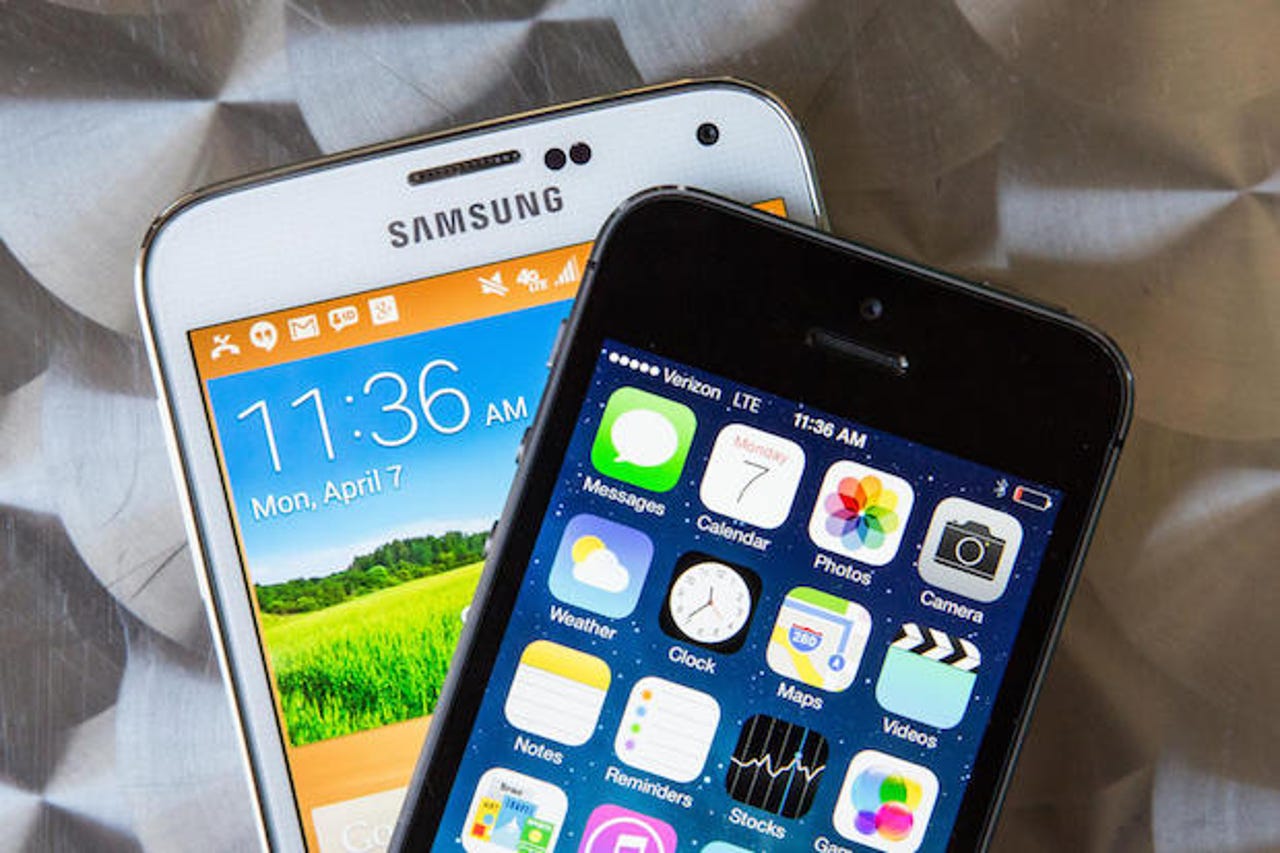US carriers will now unlock your phone, thanks to law change

Unlocking a cell phone has been legal for more than half a year, thanks to a change in the law. The problem is, no one carrier has quite worked out how it works in practice.
Now, thanks to some hard work and elbow grease by an industry association, cell carriers from Wednesday are now required to unlock compatible devices, allowing you to take your device to any other carrier -- even a rival.
President Obama in August signed the Unlocking Consumer Choice and Wireless Competition Act into law. A decision from 2012 by the Library of Congress meant cellphone unlocking became a violation of the Digital Millennium Copyright Act. The decision to renew the exemption was scrapped, meaning cell phone and smartphone owners can take their phones to other carriers. So long as your phone is compatible with a new network, the switch can be made.
But, it still may not always be simple and straightforward. The unlocking process can vary by carrier.
The good news is that the major carriers -- AT&T, Verizon, Sprint (phones sold before February can only be unlocked to international carriers, not other US carriers), T-Mobile, and U.S. Cellular -- have all subscribed to the same industry cellphone unlocking standard.
There are caveats, however. For example, you will have to pay off the entire contract or your phone in full before you can unlock your device. (You can't just grab a contract and switch to another carrier, potentially skirting fees.)
Also, so long as you are a customer, your carrier will not charge you. Though no pricing has been released, there may be a small fee to unlock devices of those who aren't customers.
You can of course still unlock your phone without going through your carrier, though these sites can still charge a fee for their services.
